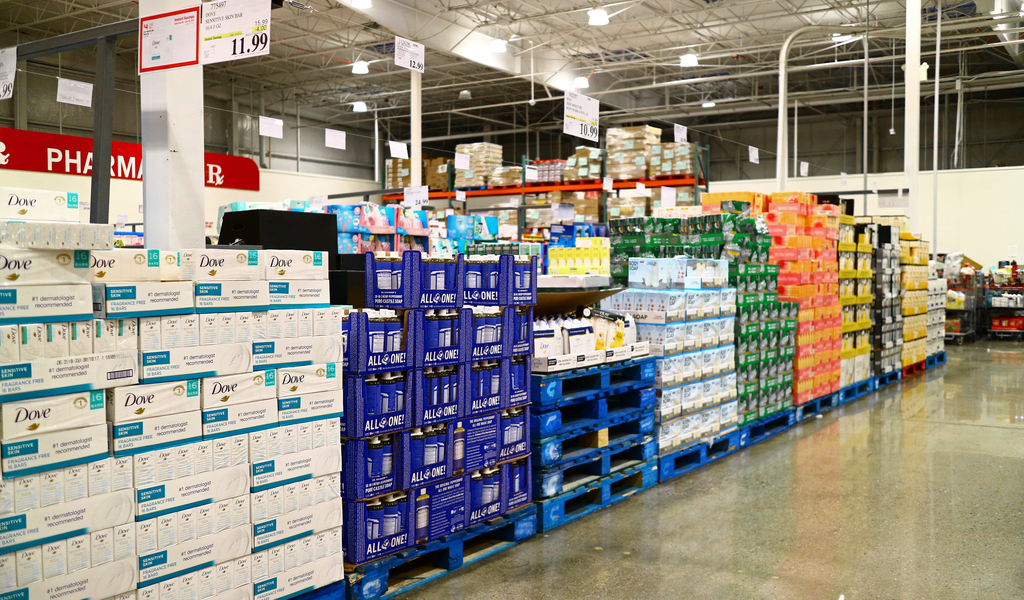Did you know that about 20% of American households have no savings whatsoever? Not only is this quite shocking as no one knows what unforeseen expenses may pop up suddenly, but it’s also something that can easily be rectified. Regardless of how much you earn, there are some money-wasting habits that all of us are used to. The key to saving is to get rid of this STAT. Here are the 10 daily habits you should stop doing:
1. Getting Too Much Takeout
Sure, it’s easy to buy something for dinner at the end of a tough day, and it doesn’t really seem that expensive, but in reality, this can take quite a chunk out of your finances. The same meal would cost you only a fraction of the price if you make it at home! A good way to cut down on takeout, especially if you work long hours, is to meal prep or have designated days when everyone at home takes turns cooking.

2. Not Getting Enough Exercise
People are so busy these days that most of them lead sedentary lifestyles that consist of very little physical activity. It might seem counter-intuitive to say you should work a bit less so you have time to work out, but this is something that’ll benefit you – physically, mentally, and financially – in the long run. A healthy mind and body mean less risk of falling sick, which comes with plenty of bills.
3. Impulse Shopping
You see something, you want it, you buy it. Chances are that you’ll regret this purchase a few days later. A great tip to cut down on unnecessary purchases is to implement the 7-day waiting period. See something you like? Wait 7 days and see if you still want it. You probably will have forgotten about it completely!
4. Buying Coffee Every Day
Going to your favorite coffee shop on the way to work every morning almost seems like a thing you have to do, like brushing your teeth or putting on your shoes. But did you realize that a cup of coffee costs about 400% more when you buy it than if you make it at home? Think of how much money you can save by simply cutting this habit out!
5. Not Buying Bulk
Most supermarkets offer daily use products in bulk, and the cost is significantly lower than if you buy them individually. Beware of buying products/brands that you’re trying for the first in bulk, but you can save a lot of money by purchasing things that you know you will use in bundles – like toilet paper.

6. Not Using Online Subscription Services
Similar to purchasing bulk items at the supermarket, you can save a great deal of money by utilizing subscription deals on online shopping platforms. Depending on the offer, you may be able to save anywhere from 5-20% this way. These work great for household items like dish wash, soap, or even diapers that you know you’ll need a replenishing supply of every month/week.
7. Putting Off Home Maintenance
Make sure to take care of small home maintenance jobs as they pop up as soon as possible. It’s important to nick the issue at the bud so that it doesn’t grow into a much bigger problem that costs a lot more money and time to fix.
8. Smoking & Drinking
Not only are these habits detrimental to your health, but they can also take a large chunk of your finances. What’s more is that unhealthy habits like these can cause medical complications, which, of course, cost more money! Most people wouldn’t consider cutting back on these vices, but the benefits to your health and finances are undeniable.

9. Using Your Phone as Time Pass
You pick up your phone when you’re on a break from work, and before you know it, a 10-minute break has extended into a 30-minute one. Not only does constant scrolling deplete productivity, spending too much time on social media or “window shopping” on online shopping sites can make you want to buy things that you don’t really need.
10. Buying Cheap Clothes
In today’s society, we’re wired to always look for the best deals, the cheapest options, the trendiest items. While the single item you’re purchasing may seem inexpensive, cheap clothes are often very bad in quality and last only for a bit. This means you’ll be driven to buy more again, and again, again.
Before you know it, you’d have spent more on cheap, bad quality clothes than you intended to. The ideal situation would be to purchase a single item that is high in quality and that you know you’ll use it for a long time. It’s also a good idea to implement the 7-day waiting period here, to make sure that it is something that you really do need.



